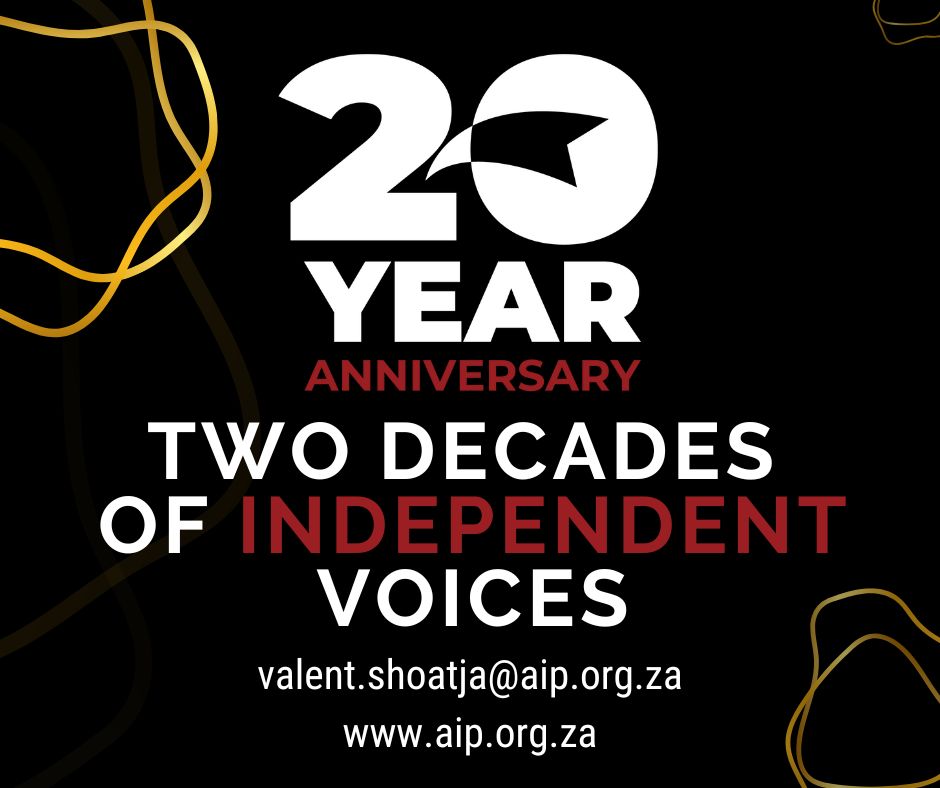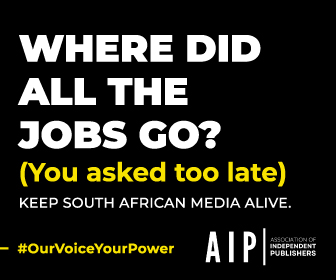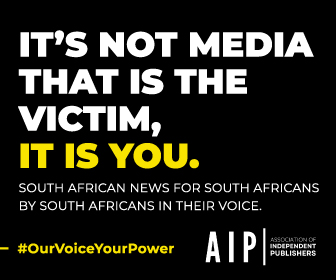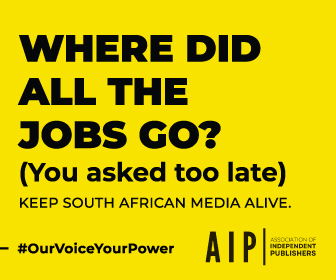South Africa’s news media landscape faces significant challenges from the growing dominance of major tech companies, according to a provisional report released by the country’s Competition Commission.
The Media and Digital Platforms Market Inquiry (MDPMI), established to investigate the complex relationship between digital platforms and local news organizations, has unveiled findings that point to concerning power imbalances that threaten the sustainability of journalism in the nation.
Bargaining Power Imbalance
At the heart of the Commission’s investigation is the stark disparity in negotiating power between news publishers and tech giants like Google and Meta. These platforms have become essential distribution channels for news content, yet publishers have little leverage when it comes to negotiating fair compensation for their work.
“News publishers find themselves in an impossible position,” the report states. “They cannot afford to withdraw from these platforms due to their enormous audience reach, yet they cannot secure equitable terms for the value their content creates.”
This power imbalance has contributed to a steady decline in advertising revenues for traditional news organizations, as digital platforms capture an increasingly large share of the advertising market.
Key Findings Across Digital Ecosystems
The Commission’s provisional report examines four key digital ecosystems and their impact on news media:
Search Engines
The inquiry found that search engines, particularly market leader Google, serve as critical gateways to news content but often display substantial portions of articles in search results, potentially reducing the need for users to visit publisher websites. This practice, while convenient for users, may deprive publishers of vital page views and associated advertising revenue.
Social Media
Social platforms like Facebook and Instagram were found to benefit significantly from news content, which drives user engagement and time spent on these services. However, the algorithms controlling content distribution can change without warning, causing dramatic fluctuations in publisher traffic and revenue.
Advertising Technology
The report highlights concerns about the digital advertising ecosystem, where platforms often act as both marketplace operators and participants. This dual role raises questions about potential conflicts of interest and whether publishers receive fair value for the advertising space on their websites.
Artificial Intelligence
The emergence of AI technologies poses new challenges, with the report noting concerns about large language models being trained on published content without proper compensation or permission. This raises fundamental questions about intellectual property rights in the digital age.
Declining Revenues Threaten Quality Journalism
The Commission’s findings suggest that these combined factors have led to a significant weakening of South Africa’s news industry, with many organizations forced to cut staff, reduce coverage, or shut down entirely.
“The erosion of the economic foundation of journalism has far-reaching implications beyond the media industry itself,” notes the report. “A robust press is essential for democratic governance, public accountability, and informed citizenship.”
Proposed Remedies
While the report is provisional, it outlines several potential interventions aimed at addressing the identified concerns:
- Mandatory Negotiation Frameworks: Establishing structured negotiation processes between platforms and publishers with binding arbitration mechanisms.
- Revenue Sharing Requirements: Setting minimum standards for how platforms compensate news organizations for content.
- Transparency Obligations: Requiring platforms to provide clear information about how news content is ranked, displayed, and monetized.
- Data Sharing Provisions: Ensuring publishers have access to relevant data about how their content performs on platforms.
- AI Content Usage Guidelines: Developing frameworks for fair compensation when news content is used to train AI systems.
Next Steps
The Competition Commission has invited stakeholders to provide feedback on its provisional findings before issuing final recommendations. The report emphasizes that interventions must be carefully calibrated to promote media plurality and sustainability while acknowledging the legitimate role that digital platforms play in the modern information ecosystem.
Industry observers note that South Africa’s approach mirrors similar initiatives in Australia, Canada, and the European Union, where regulators have increasingly sought to rebalance the relationship between tech platforms and news organizations.
As digital transformation continues to reshape the media landscape, the Commission’s final recommendations could play a crucial role in determining the future viability of independent journalism in South Africa.






